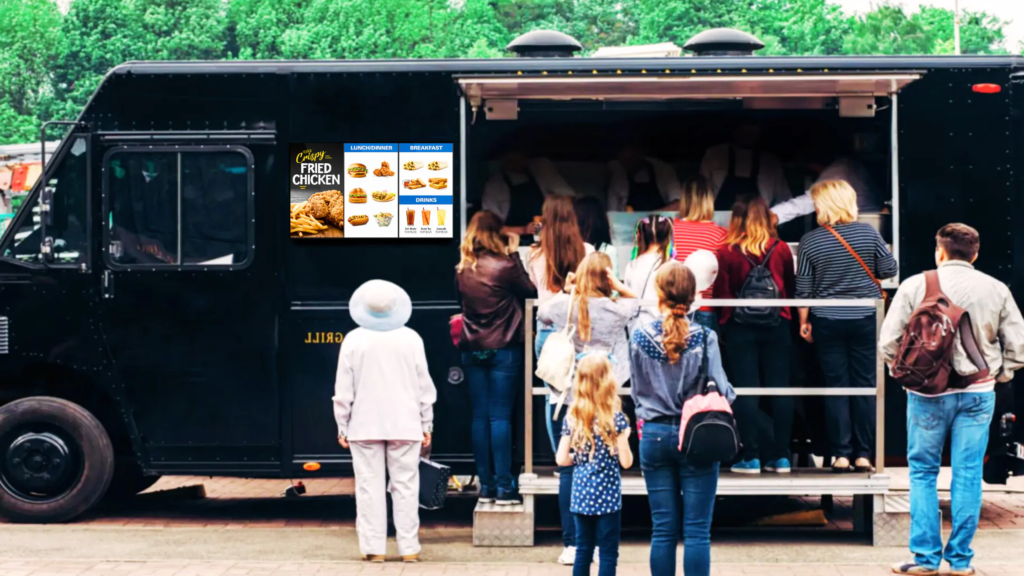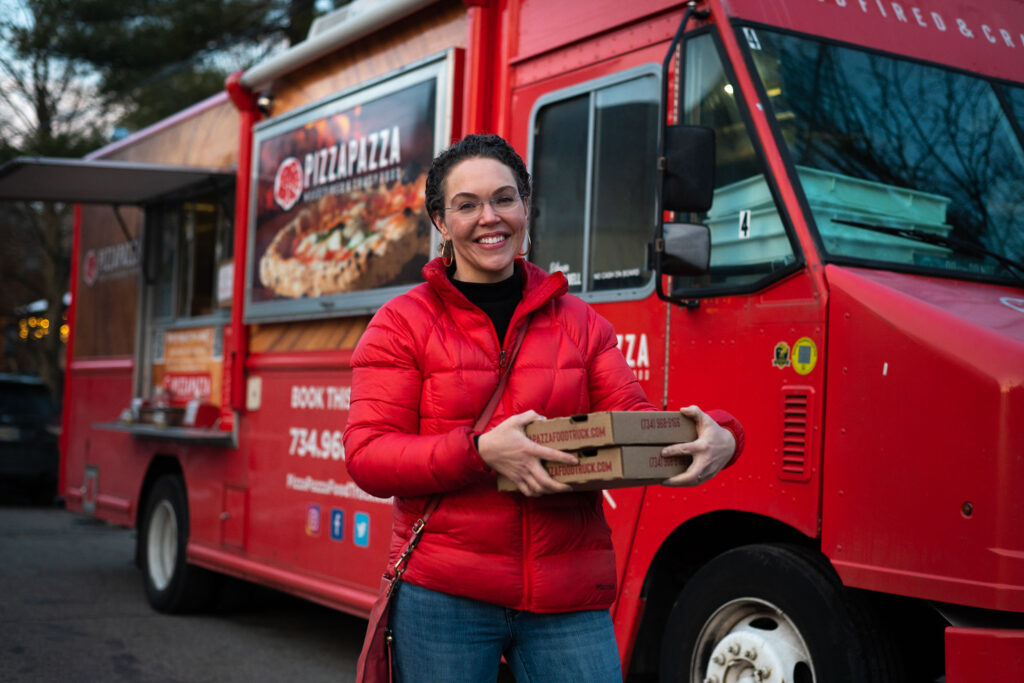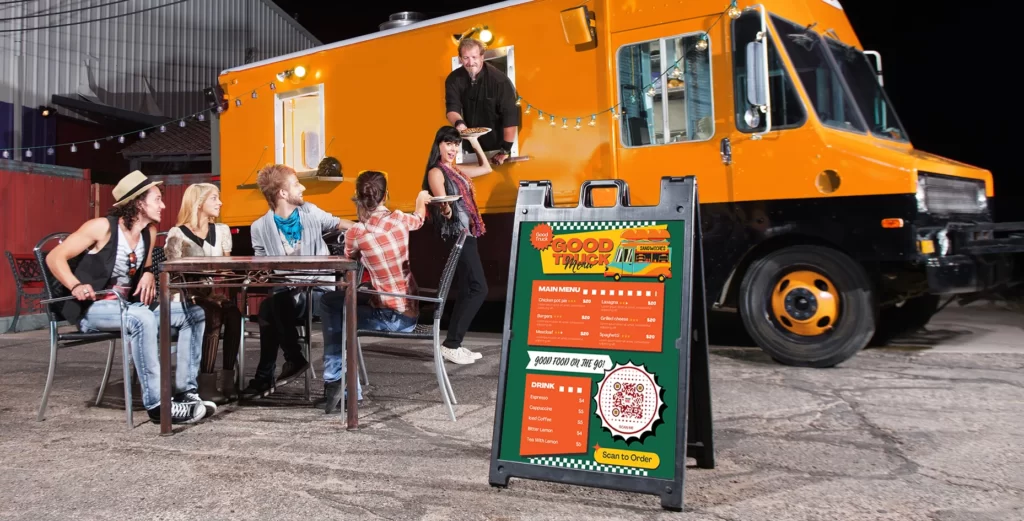
Food trucks have become a prominent part of modern culinary culture, offering convenience and diverse food choices to people across the globe. In recent years, there has been a significant increase in people’s interest in food truck culture. Not only do food trucks provide easy access to delicious meals, but they also offer innovative concepts that cater to specific dietary preferences and culinary experiences. This blog post delves into the burgeoning food truck culture, the reasons behind its popularity, and the exciting innovations that have captured people’s attention.
Convenience and Diversity:
One of the primary reasons for the rising interest in mobile food truck culture is the convenience they provide. Unlike traditional restaurants, food trucks are mobile and can be found in various locations, making them easily accessible to busy individuals. Whether it’s a quick lunch break or a late-night snack, food trucks offer a convenient solution for satisfying one’s hunger. Moreover, food trucks often bring a diverse range of cuisines to the table, allowing people to explore different flavors and culinary traditions in a single location.
The Appeal of Innovative Food Truck Concepts:
While traditional food trucks offer a wide variety of dishes, innovative food truck concepts have gained considerable attention in recent years. These concepts focus on specific types of food, catering to niche markets and addressing particular dietary preferences. For example, vegan and vegetarian food trucks have become increasingly popular among health-conscious individuals who follow plant-based diets. These trucks offer creative and flavorful plant-based dishes that defy the misconception that vegan food is bland or boring.
Furthermore, food trucks specializing in organic or locally sourced ingredients have gained traction, appealing to those seeking sustainable and environmentally friendly dining options. These trucks prioritize high-quality ingredients, ensuring that customers can enjoy fresh and nutritious meals on the go. Additionally, food trucks that highlight regional or ethnic cuisines have become a hit, as they allow people to experience unique and authentic flavors that may not be readily available in traditional restaurants.
The Social Experience:
Apart from the culinary delights they offer, food trucks provide a unique social experience. Many food truck festivals and gatherings have sprung up, attracting food enthusiasts and creating a vibrant community. These events bring people together, fostering a sense of camaraderie and providing a platform for food lovers to connect, share recommendations, and discover new culinary trends. The lively atmosphere, coupled with the opportunity to interact with the chefs and food truck owners, adds an extra layer of excitement to the overall dining experience.

The rising interest in food truck culture is a testament to the appeal of convenience, diversity, and innovation in the culinary world. People are increasingly drawn to the convenience of finding delicious and diverse food options in unexpected places. Moreover, the emergence of innovative food truck concepts that cater to specific dietary preferences and culinary experiences has further fueled this interest. As food truck culture continues to evolve and capture the imagination of food enthusiasts, it is an exciting time to explore this dynamic and flavorful realm of the culinary world. So, the next time you spot a food truck in your neighborhood, be sure to indulge in the experience and savor the unique flavors it has to offer.
The Social Impact of Food Trucks: Beyond Delicious Food
Food trucks have become more than just mobile eateries, as they have the potential to generate positive social impact. In recent years, some food truck entrepreneurs have combined their businesses with social responsibility and charitable activities. They go beyond serving delicious food by providing free or discounted meals to the homeless and low-income individuals. This blog post explores the social impact of food trucks and highlights how they contribute to creating a more inclusive and compassionate society.

1. Combating Food Insecurity:
Food trucks that offer free or discounted meals to the homeless and low-income communities play a vital role in combating food insecurity. They contribute to ensuring that everyone has access to nutritious meals, regardless of their financial circumstances. By bringing food directly to those in need, food trucks address the issue of food deserts and provide immediate support to vulnerable populations.
2. Promoting Community Engagement:
Food trucks often serve as a focal point for community engagement. They create a sense of gathering and act as a catalyst for social interaction. By setting up in public spaces or at community events, food trucks bring people together, fostering a sense of belonging and connection. This social cohesion is vital for community development and can lead to stronger, more resilient neighborhoods.
3. Supporting Local Economy:
Food trucks often source their ingredients from local suppliers, supporting the local economy and small-scale producers. By collaborating with local farmers and artisans, food trucks contribute to the sustainability of the local food system. This partnership strengthens the local economic ecosystem and encourages a sense of community pride.
4. Empowering Social Entrepreneurs:
Food truck entrepreneurs who integrate social responsibility into their business models serve as inspiring examples of social entrepreneurship. They demonstrate that it is possible to combine a profitable business with meaningful social impact. These individuals inspire others to consider the social and environmental implications of their entrepreneurial endeavors, contributing to a more conscious and responsible business landscape.
5. Raising Awareness and Advocacy:
Food trucks engaged in social impact initiatives have the potential to raise awareness about various social issues. They can use their platforms to educate patrons and the wider community about homelessness, poverty, and other related challenges. By initiating conversations and encouraging dialogue, food trucks become catalysts for advocacy and social change.
Food trucks have evolved into platforms for generating positive social impact, extending their reach beyond serving delectable cuisine. Through activities such as providing free or discounted meals to the homeless and low-income individuals, food trucks address food insecurity, promote community engagement, support local economies, empower social entrepreneurs, and raise awareness about social issues. By embracing their social responsibility and incorporating charitable initiatives, food truck entrepreneurs are redefining the boundaries of the industry and contributing to a more inclusive and compassionate society.

